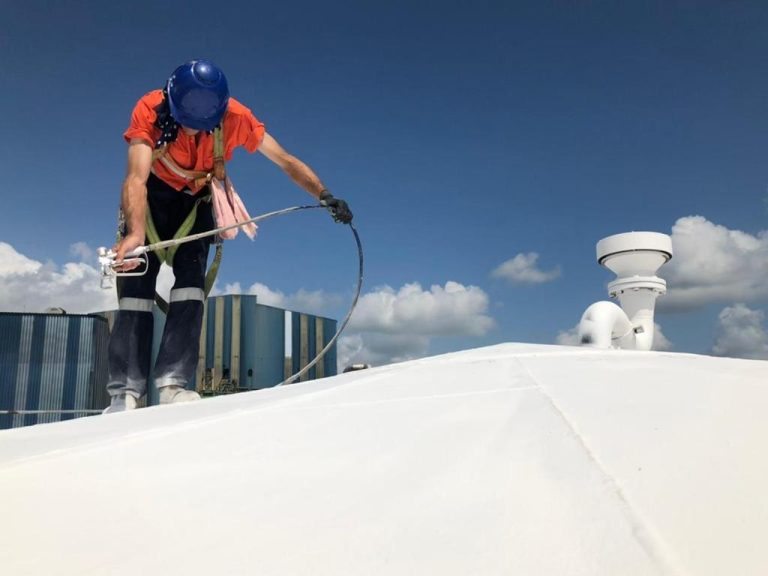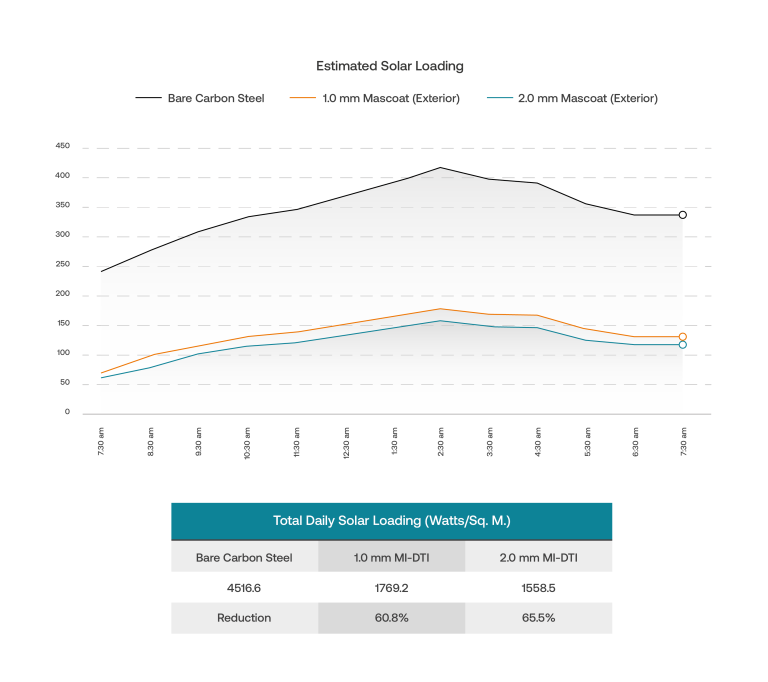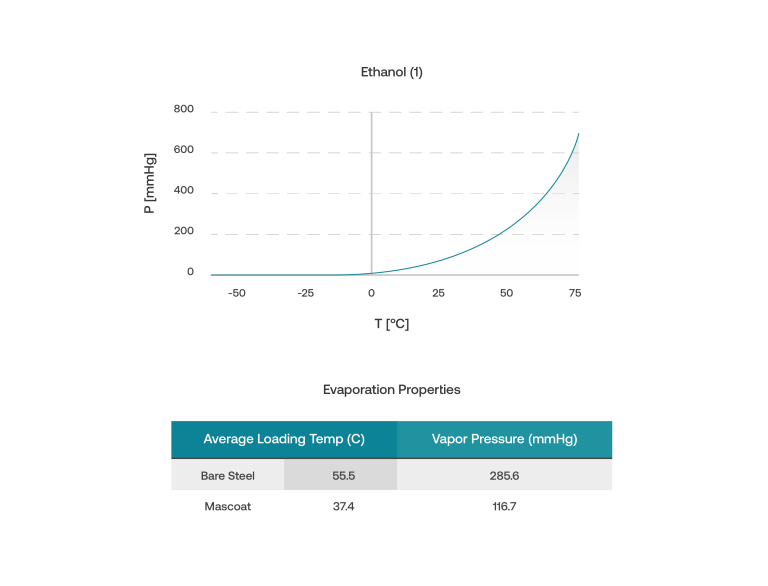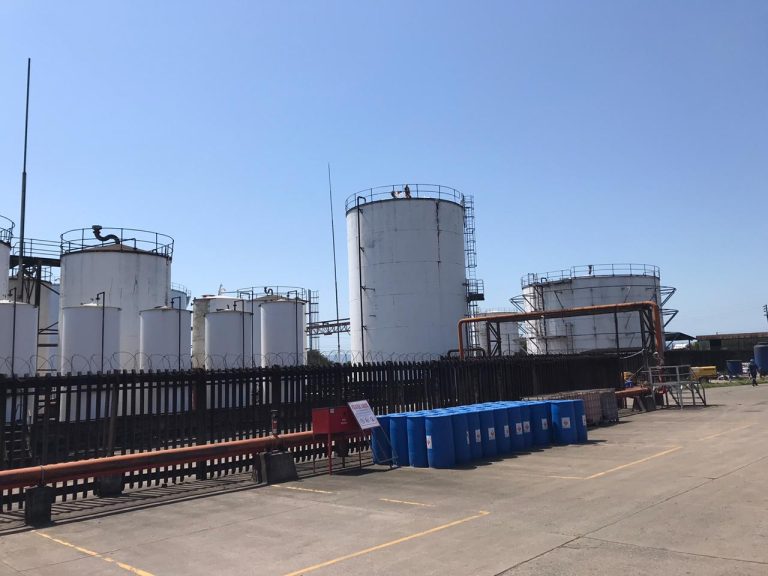Protecting the future
Protecting the future
Protecting the future
Protecting the future
Protecting the future
Protecting the future
Protecting the future
28th April 2023
Storage tank vapour loss is an issue in many different industries due to the monetary cost of the product and environmental concerns for the surrounding communities. Many times, the product is stored at ambient temperature while being subjected to rising temperatures due to solar loading. When the sun continues shining on the metal surface of the tank roof, heat continues to build throughout the day in turn heating up the product inside.

Companies have turned to floating roofs that can move with the amount of vapour present to help contain it, but their construction and maintenance costs can be astronomical. Bulk insulation materials are usually not an option because of damage concerns when personnel need to access the roof, as well as CUI risk.
How Mascoat Prevented Ethanol Loss
In 2019, a company that stores ethanol contacted Mascoat to find a solution to their vapour loss issues. Not only was the client realizing financial loss because the valuable product was vanishing from their tanks, but also strict regulations dictating acceptable levels of vapour loss have penalties attached to them.

Mascoat’s thermal insulating coatings are thin film coatings that incorporate air-filled particles to reduce the rate of heat transfer through a surface. When applied to a tank roof, it can drastically diminish solar loading effects. Using specific information about the tank and the surrounding environment, Mascoat’s thermal engineer was able to show that just 1.0 mm of the coating can provide a 60.8% reduction in daily solar loading.

The client reported that they realized their Return On Investment within 1 year.
The challenge with calculating solar loading savings is that the actual watts being saved do not accurately reflect the savings of the actual product. Every product has a different evaporation level at different temperatures and secondly, the fill level of the tanks and ambient conditions can change every day. However, some data can be gathered for Ethanol, as displayed in the graph to the right.
After consulting with the client and preferred applicator TAC Solve, the client decided to apply 1.5 mm of Mascoat Industrial-DTI to 6 tank roofs (close to 1000m2 in total) over the course of 2 years. Ethanol loss was closely tracked for another year after application and the results outperformed everybody’s expectations. The client reported that they realized their Return On Investment within 1 year.
Results after 12 months
As reported by the client
- Realized savings post application of 120.000 Liters of ethanol per annum
- Local sales price per Liter – 0,54 USD
- Total savings – 64.800 USD
- Cost of the installation – 55.000 USD
- Full ROI realized in just over 10 months

Other Benefits Realized Using Mascoat Industrial-DTI
- Reduced installation costs due to no scaffolding required and minimal application crew needed (usually only 3-4 people)
- The one-part coating requires no additional welding or fabrication
- The coating has a proven longevity track record with up to 20+ years without the need for regular maintenance or inspection
- Provides a consistent insulation value for the life of the coating with no degradation of the system
- The coating can withstand foot traffic for personnel access. A topcoat may be applied in high-traffic areas like walkways if the client requests one
- All maintenance and quality control inspections (NDT Testing) can be made through Mascoat, reducing inspection costs and increasing security
- The water-based chemistry and dry-fall properties of the coating, means that the installation has a very low environmental impact
- Less waste on the job site thanks to a lack of custom fabrication.
- The coating continues to reduce the total cost of ownership for years to come
Written by Cody Watson
Product Manager, Seal For Life Infrastructure Coatings
